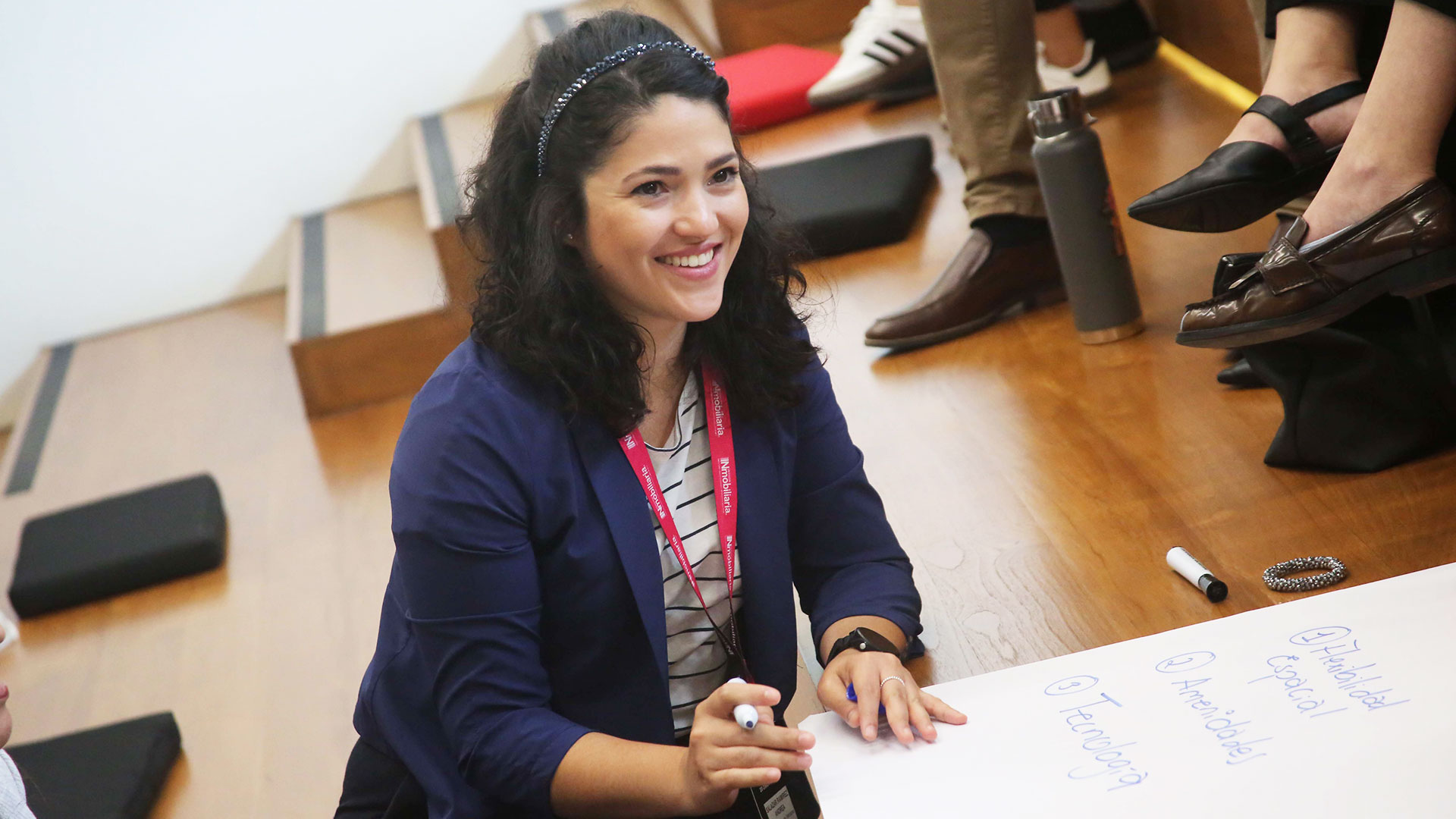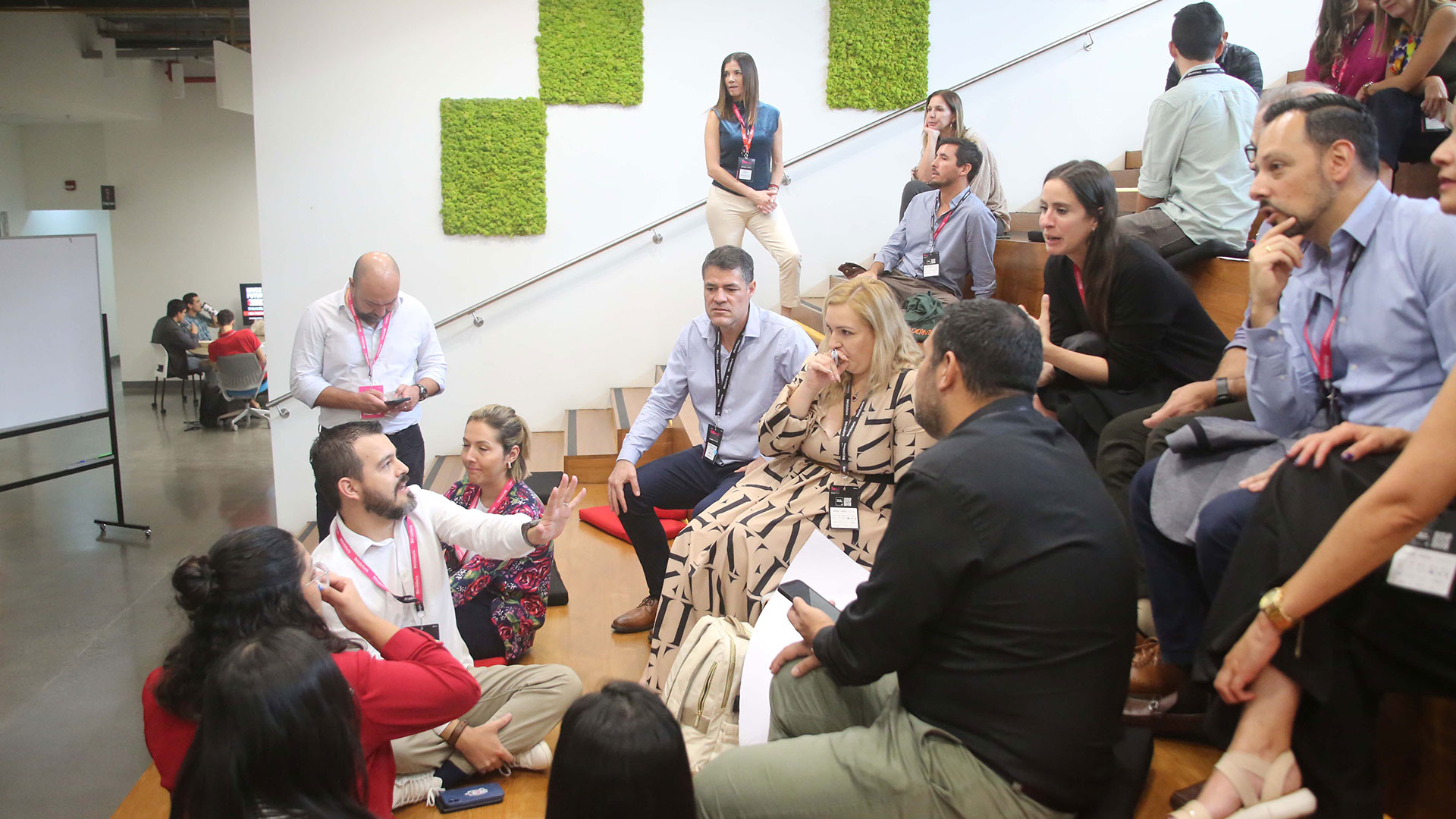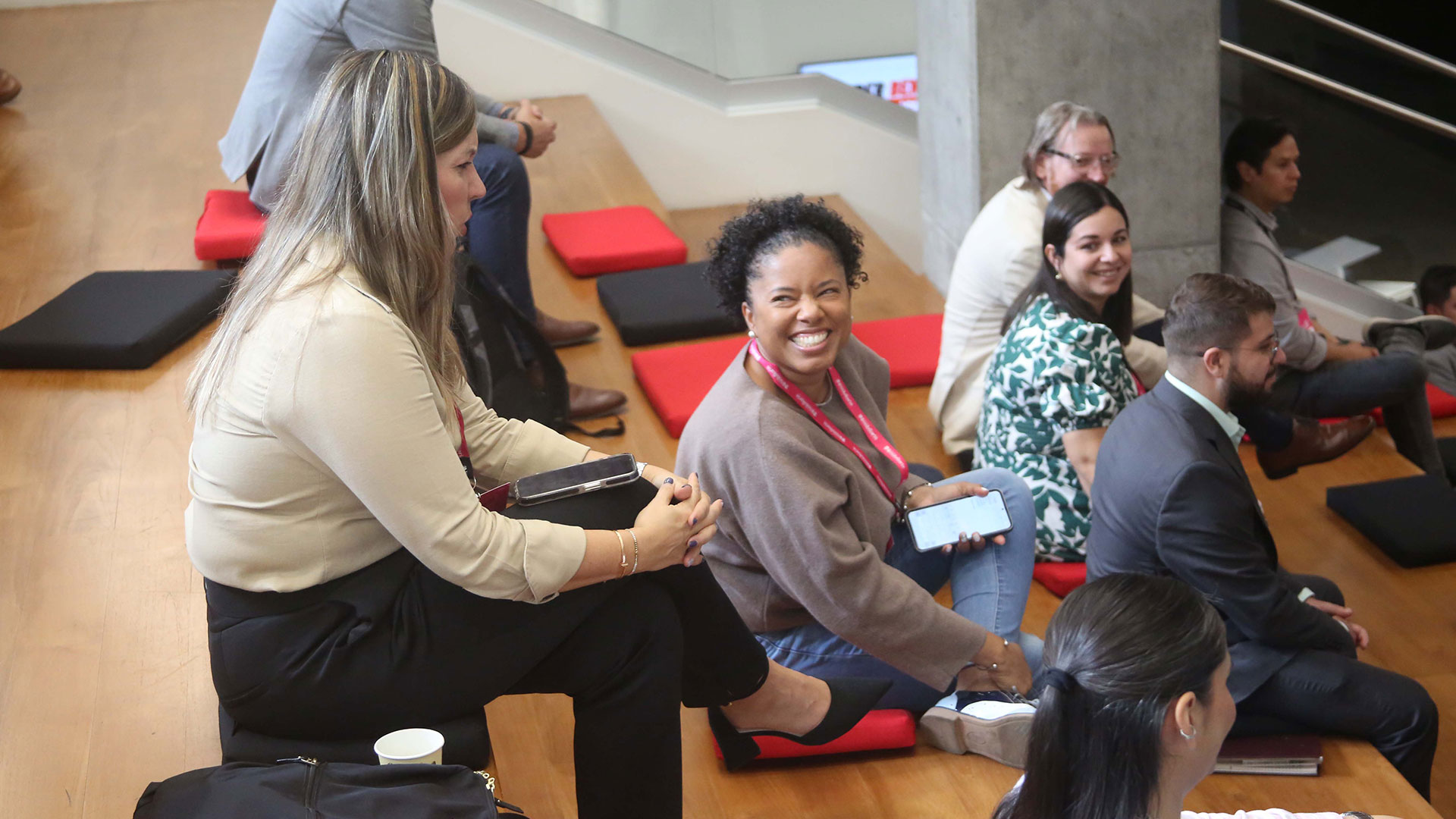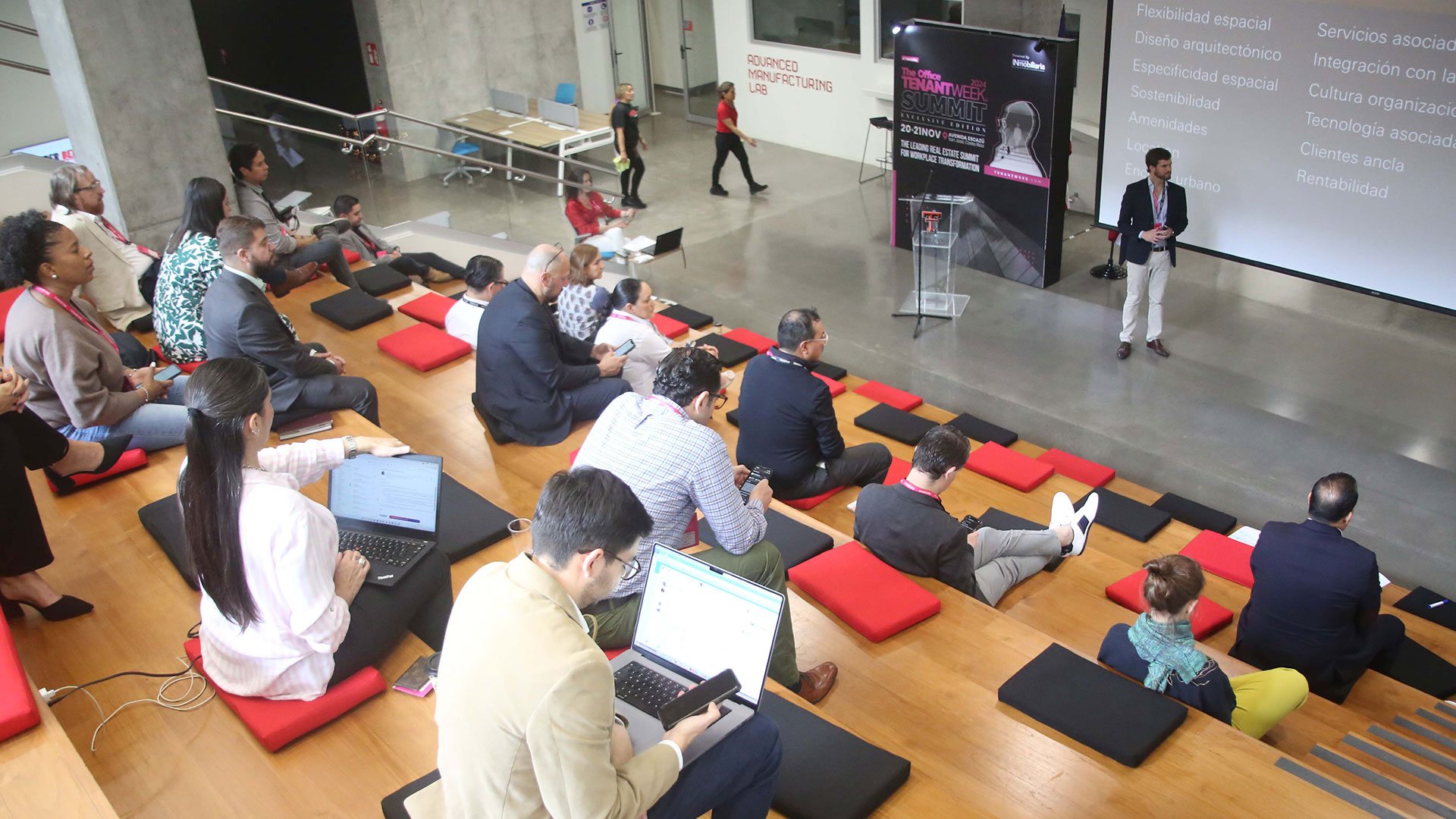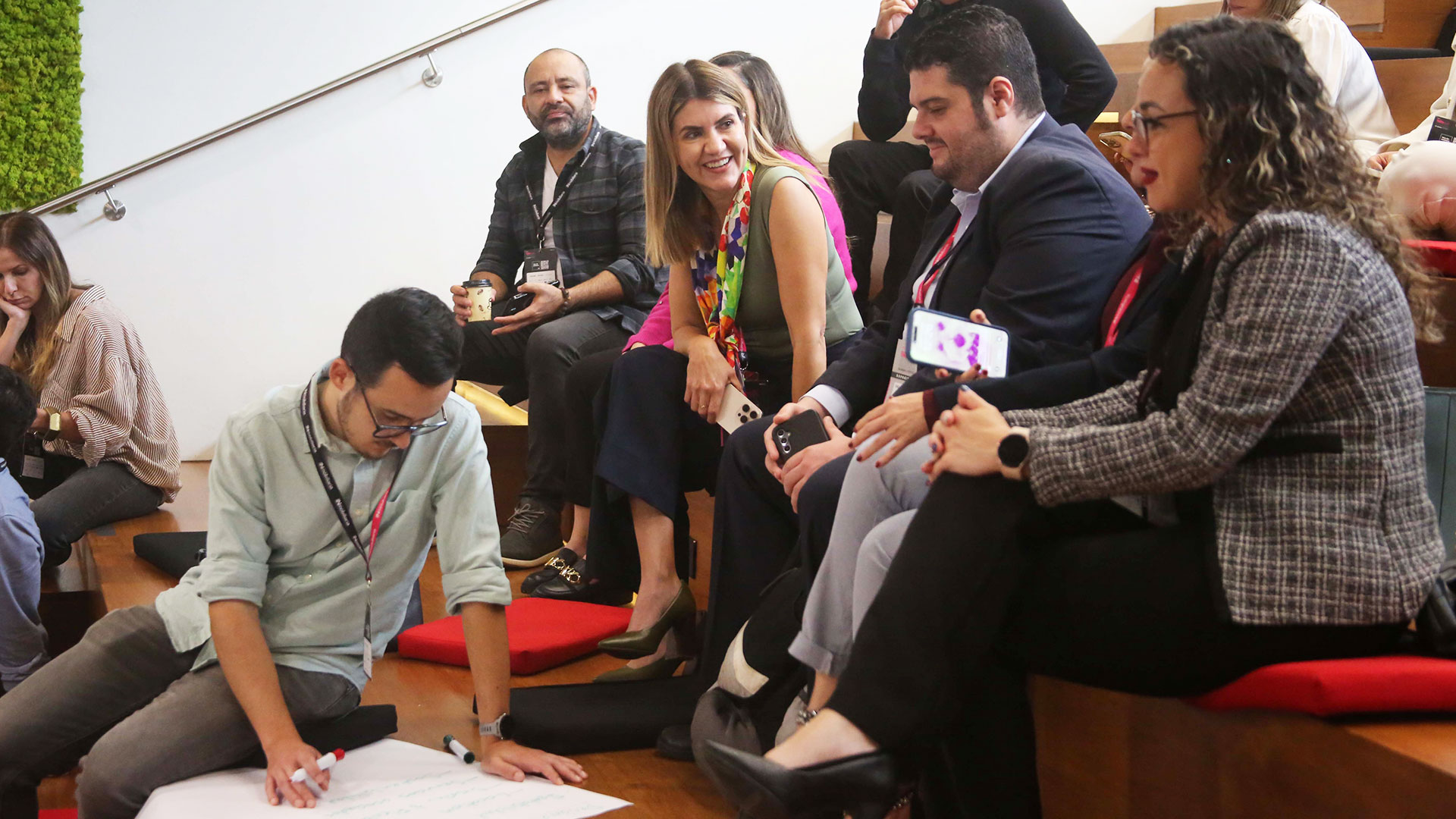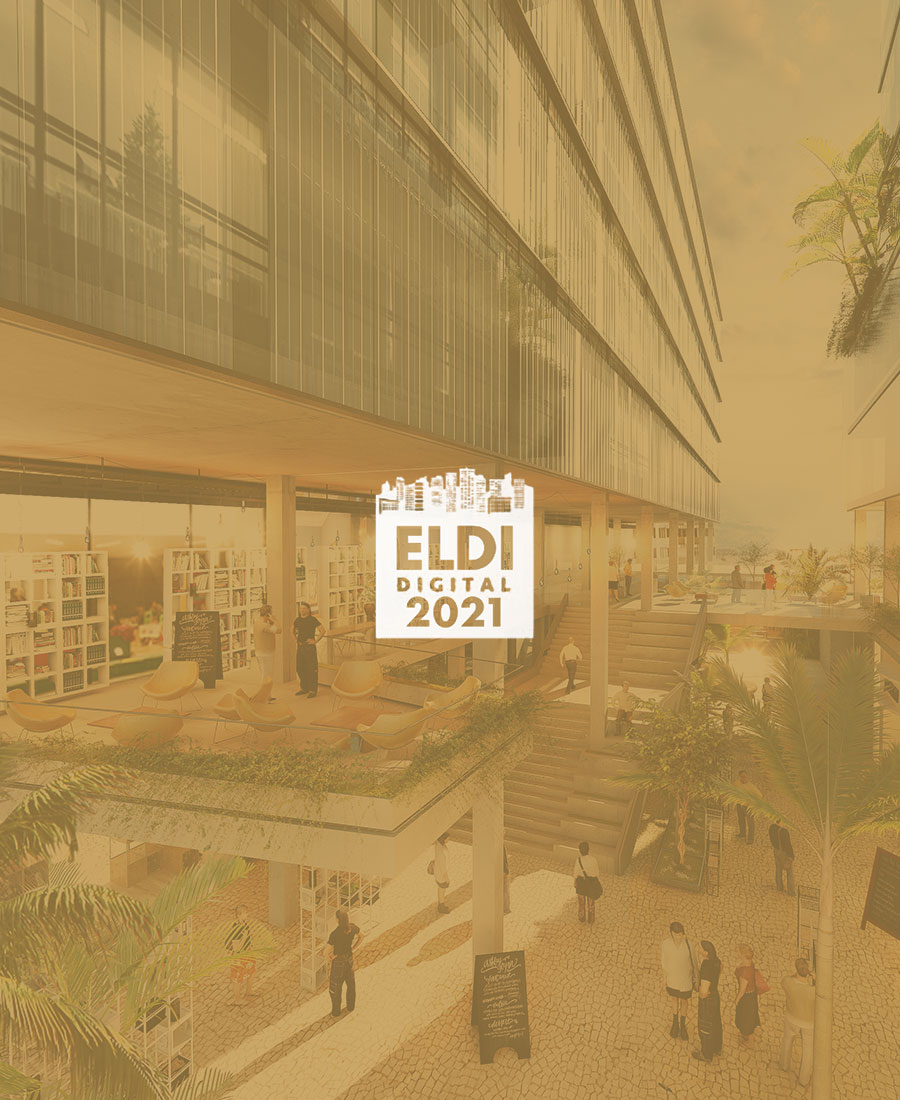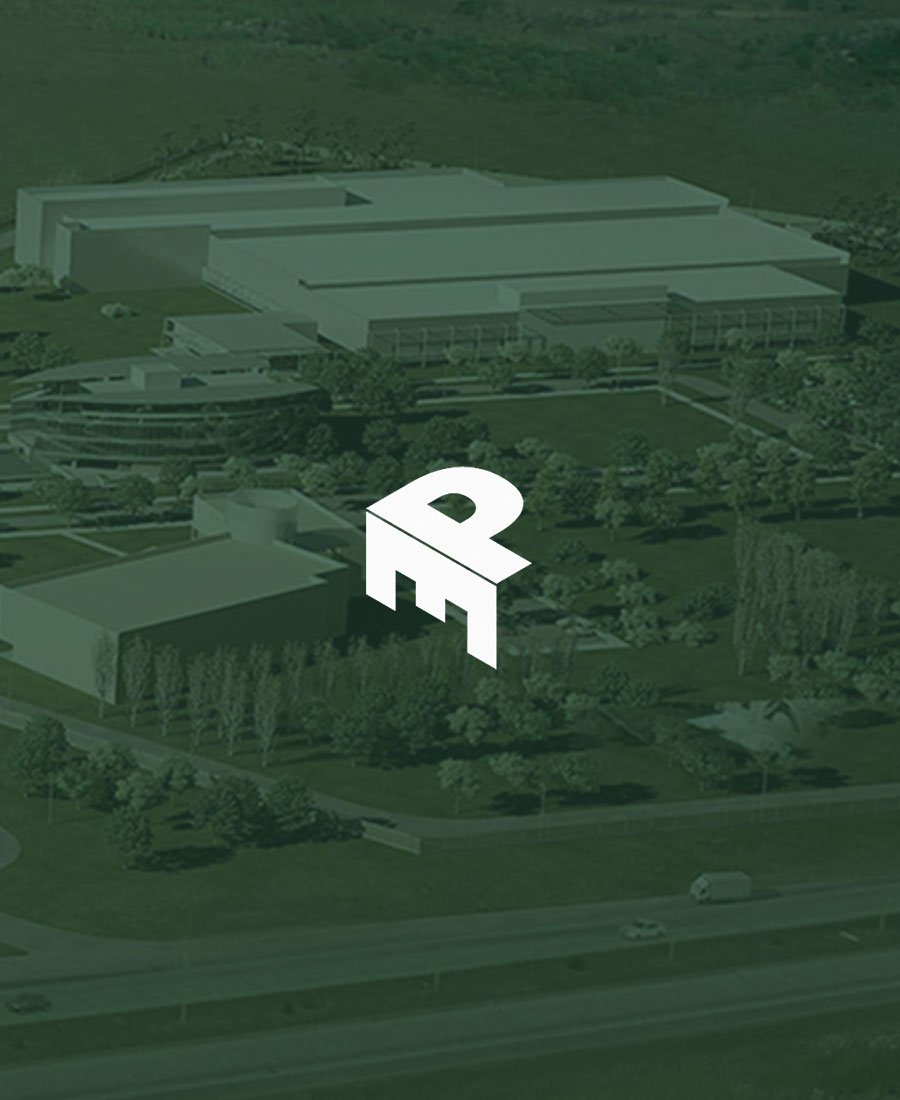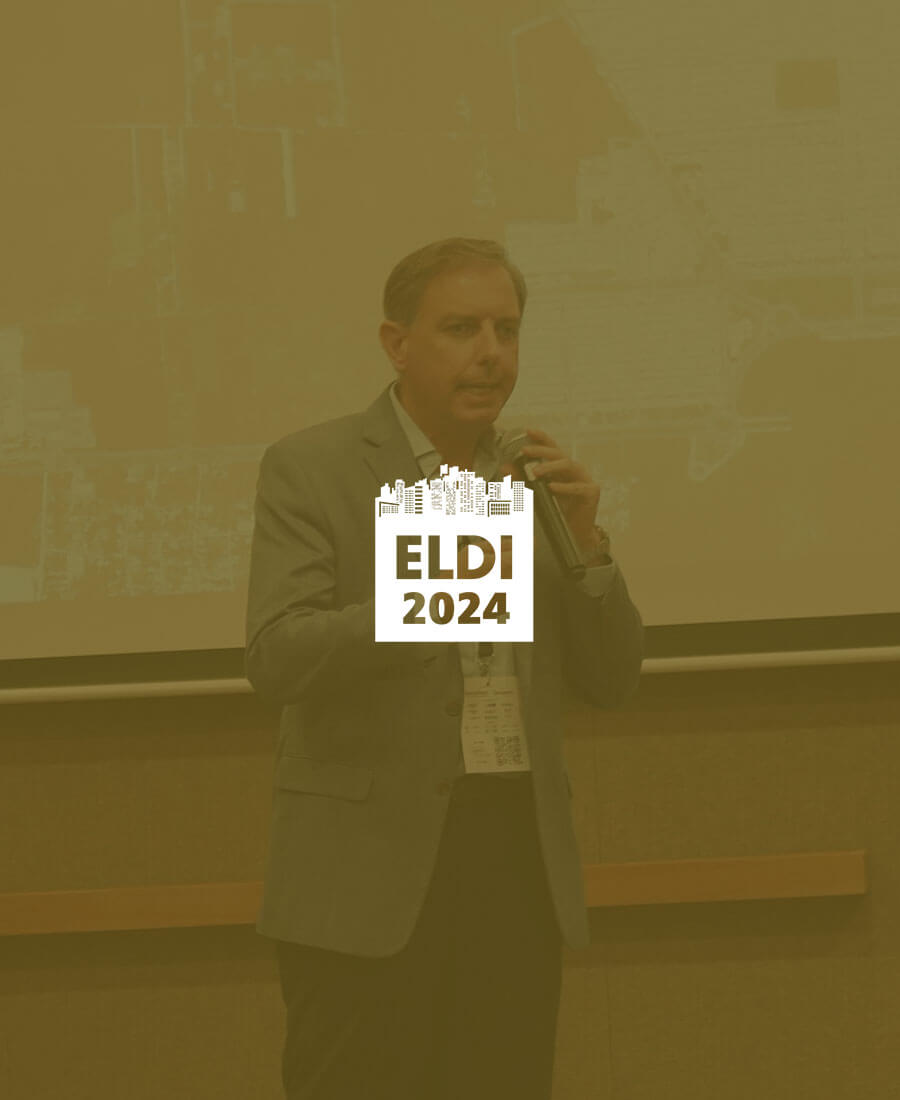GP at a New Edition of The Office Tenant Week
Reading Time: 4 minutes
Publication Date: November 2024
The fourth edition of The Office Tenant Week, held on November 20 and 21 at Avenida Escazú in San José, Costa Rica, stood out as a key gathering to explore emerging trends in the architectural design of offices and corporate Real Estate. With more than 250 attendees and 40 experts, the event provided a platform to analyze how workplaces are evolving in response to current challenges and the demands of a rapidly changing work environment.
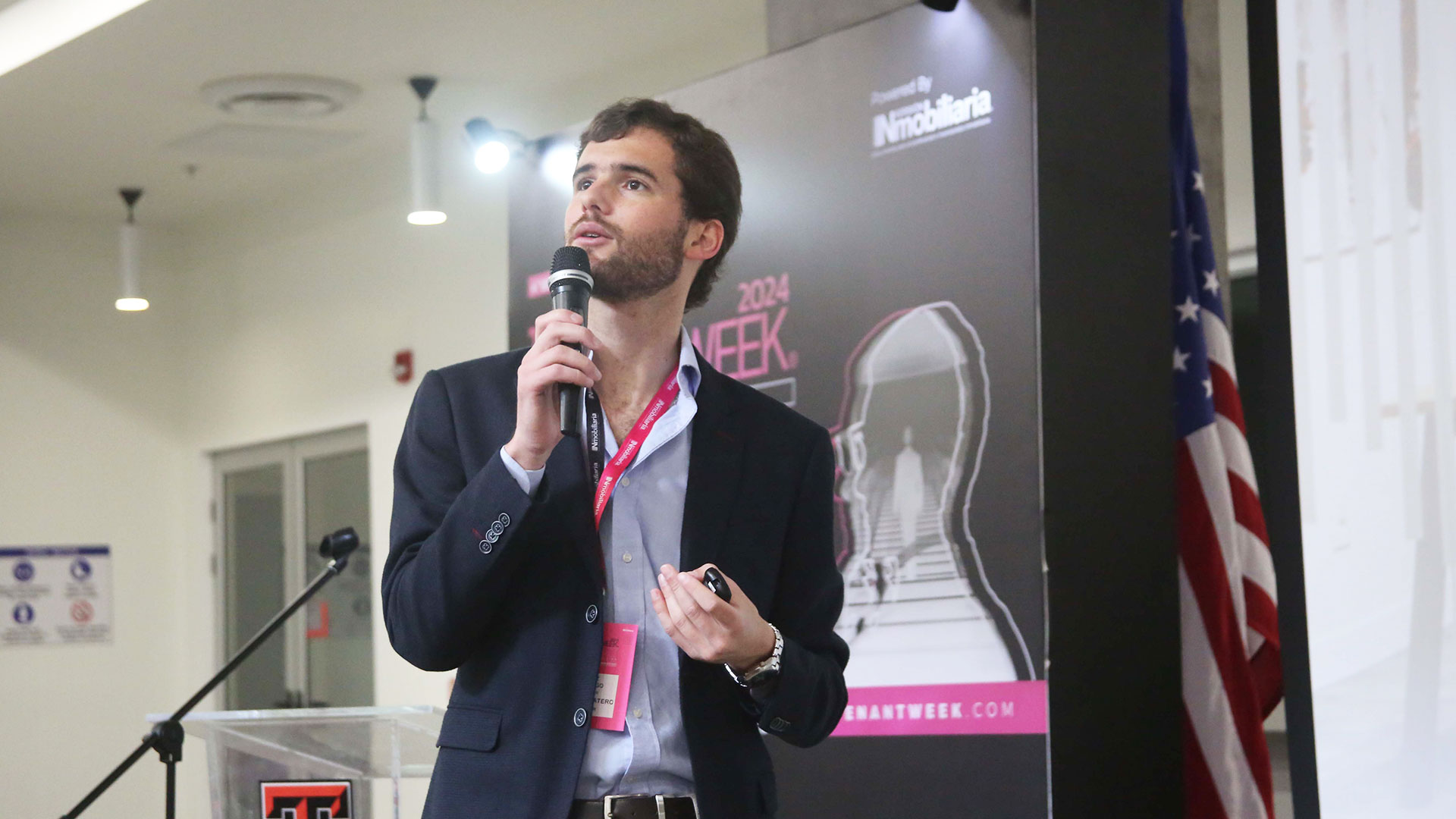
Among the main topics discussed was the significance of mixed-use projects, where commercial, residential, and corporate spaces are combined in integrated developments. These models enhance user interaction with the urban environment, diversify financial risk, and maximize the efficient use of public spaces, prioritizing the user experience.
Architectural hyper-flexibility emerged as another central theme, highlighted in the workshop "Evolving Workspaces: Hyper-Flexibility and Organizational Culture," led by Santiago Pérez, Head of International Business Development at the firm. The session emphasized the importance of designing offices capable of adapting to technological and organizational shifts, optimizing workplace performance while strengthening corporate identity and cohesion.
The event also examined the integration of advanced technologies in workspaces, including personalization tools and intelligent systems that promote flexibility and productivity—essential for dynamic and dispersed work environments. Sustainability was underscored as a fundamental principle, positioned not as an optional feature but as a standard in architectural design and development.
A key reflection centered on the concept of "value per cubic meter," which advocates for evaluating spaces based on the experiences, technology, and sustainability they deliver, rather than merely their square footage. This approach underscores the need to design spaces that benefit all stakeholders, including users, developers, and the urban environment.
Discussions also highlighted the importance of anchor clients in corporate projects, recognizing their role in attracting new investments and driving impactful developments. Participants further reflected on the need for collaboration across the sector, encouraging joint efforts among architects, developers, and end users to balance priorities and shape future office designs that integrate sustainability, technology, and profitability.
The Office Tenant Week reinforced its position as a platform for anticipating transformations in the industry, inspiring professionals to lead meaningful changes in the design and management of workspaces. The conclusions drawn from the event outlined a future for offices as flexible and sustainable platforms that create value for both businesses and the communities they inhabit.
